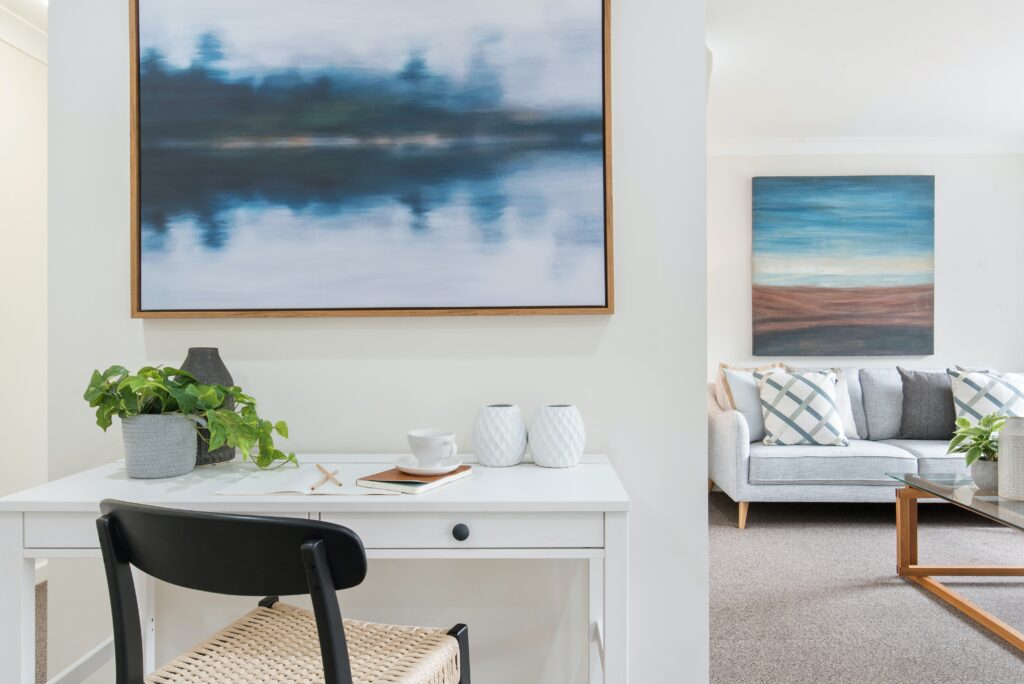Do you have a really beautiful home that is the envy of your friends? Have suggestions repeatedly been made to you to let out your home as a holiday property?
Well, if you’re keen to investigate the potential of doing so, there are some important things to consider. We’ve made a checklist of the things you should think about before embarking on your new business venture. Bear in mind there will be different considerations for individual situations, but this is a good place to start.

1. Earning potential
Airbnb reports that a typical UK host earns £3,000 a year. This income is generated based on an average 36 nights a year.
It’s worth noting that rates vary hugely depending on location and seasonal demand from tourists. For example, properties in Edinburgh may yield only low returns much of the year, but many lettings command very high rates during the Edinburgh Fringe festival.
We suggest you look at other similar properties (ideally, in your area) that are listed to begin working out your pricing.
2. Planning issues
Some local authorities require planning permission for a ‘material change of use’ if you plan to offer temporary sleeping accommodation in a property designated as residential.
Your local authority does retain the right to exclude properties/areas from these rules, so check in with them.
3. Mortgage trouble
If you still have a mortgage on your property, not all mortgage lenders will permit you to carry out short-term lets. However, it seems that this practice is on its way out.
Policies are constantly being reviewed, so speak to a mortgage broker for current advice on which lenders are most accommodating to short-term lets.
4. Listing my home and vetting guests
When listing your home, make sure you specify which parts of the property guests may access, and which are off-limits.
Make sure you communicate with potential guests in advance so that you know what type of holiday they are planning. If you’re open to large family groups staying but not hen and stag parties, you must list this on all advertisements and booking agreements. It’s your responsibility to vet your visitors.
5. Insurance
Unsurprisingly, you need to make sure you have adequate insurance cover when letting holiday accommodation, as ordinary landlords insurance Manchester tends to exclude short lets.
6. Tax
If you are letting out one room in your main residence, the likelihood is that you’re eligible for the government’s rent-a-room scheme. The scheme permits its members to earn up to £7,500 per year tax free.
If you are not eligible for this scheme, you must pay tax on the income at your normal rate, so you must figure this in when setting your rental rates.
7. Pets welcome?
Whether you permit pets into your property is entirely your choice, but it’s worth noting that vast swathes of people opt for self-catering holidays in the UK so that their animals can accompany them. If you don’t allow pets, you’re potentially alienating a lot of the UK staycation market.
8. To be, or not to be accredited?
In the UK, ever region comes under its own tourist board, and you may apply for an accreditation, which means that the board will come and inspect your property and award you anything from one to five stars.
It is important if you decide to go down this route that your home is thoroughly cleaned throughout and is maintained. Cleaners Llandudno can help you with this. They have the expertise to make sure its a job well done.
The question is whether this has value to you. A five-star property can have exceptional added value in promoting your availability, but there are very few places that attain this accolade. If you offer very basic accommodation, accreditation could actually hinder, rather than help you.
One type of accreditation that’s good news, irrespective of the features of your property, is the Green Tourism Business Scheme. If you plan to run an eco-friendly, green holiday home then it is well worth considering joining this!

